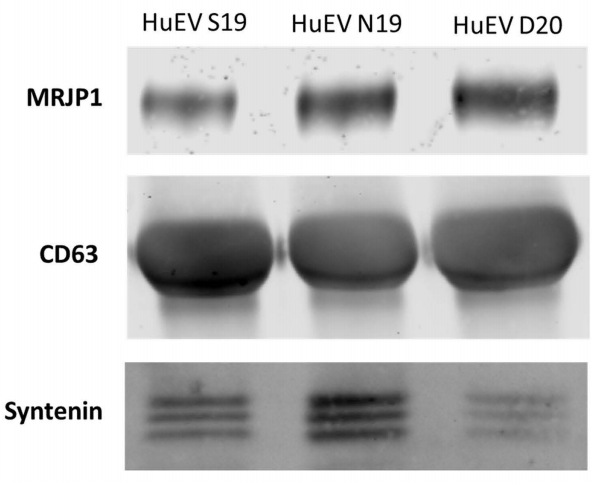Induces the differentiation of honeybee larvae into queens through an Egfr-mediated signaling pathway. Promotes body size increase by activating p70 S6 kinase, stimulates ovary development by augmenting the titer of vitellogenin (Vg) and juvenile hormone, and reduces developmental time by increasing the activity of mitogen-activated protein kinase and inducing the 20-hydroxyecdysone protein (20E). Most abundant protein found in the royal jelly which is the food of the queen honey bee larva. The royal jelly determines the development of the young larvae and is responsible for the high reproductive ability of the honeybee queen.; Has antibacterial activity against the Gram-positive bacteria S.aureus ATCC 6535, S.saprophyticus and B.subtilis CCT2471, and the Gram-negative bacteria E.coli CCT1371, E.cloacae ATCC 23355, K.pneumoniae ATCC 13883 and P.aeruginosa ATCC 27853, and antifungal activity against C.albicans. Lack cytolytic activity and does not induce rat peritoneal mast cell degranulation.; Has antibacterial activity against the Gram-positive bacteria S.aureus ATCC 6535, S.saprophyticus and B.subtilis CCT2471, and the Gram-negative bacteria E.coli CCT1371, E.cloacae ATCC 23355, K.pneumoniae ATCC 13883 and P.aeruginosa ATCC 27853, and antifungal activity against C.albicans. Lack cytolytic activity and does not induce rat peritoneal mast cell degranulation.; Lacks antibacterial and antifungal activity. Lacks cytolytic activity and does not induce rat peritoneal mast cell degranulation.








